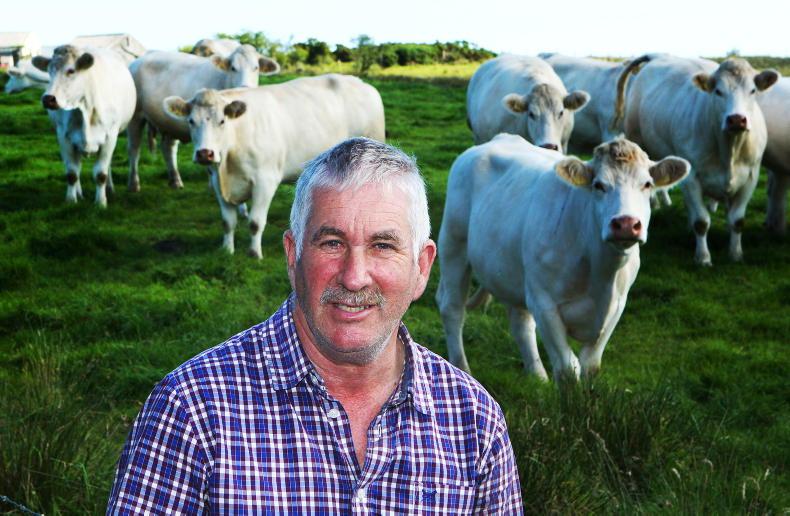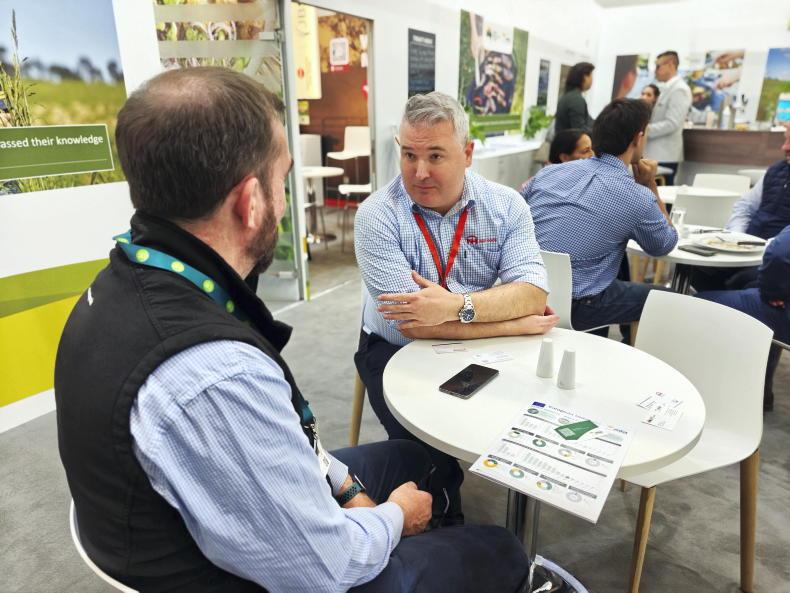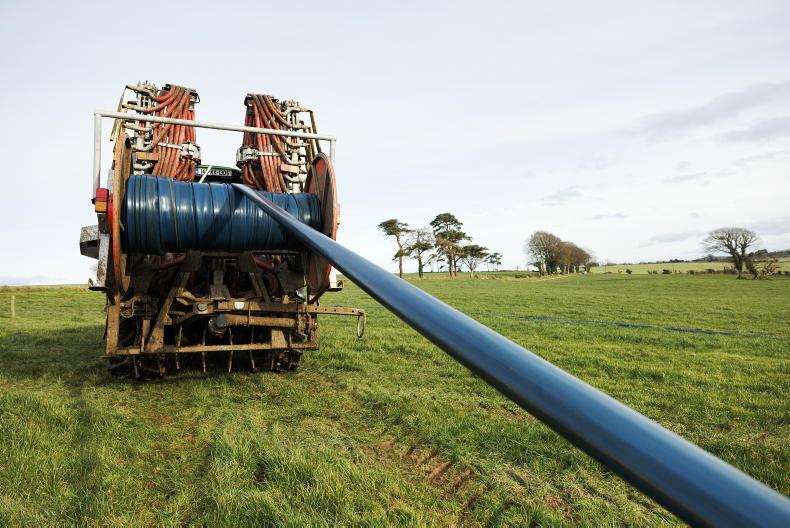The Ulster Farmers' Union (UFU) has said the UK-Australia trade deal appears to be “be falling extremely short of benefits for UK agriculture”, according to UFU president Victor Chestnutt.
“When the news first broke about a free trade agreement in principle with Australia, we continually stressed, alongside the other UK farming unions, that government need to safeguard local farming and food production,” he said.
“It’s very hard to see how government have delivered on this, when the deal appears to be falling extremely short of benefits for UK agriculture.
"We will examine the agreement in more detail, but, at the moment, it seems Australia have got what they wanted at the expense of local food production.”
Sensitive sectors
Chestnutt said that farmers were given guarantees that sensitive sectors would be granted some level of protection, but, disappointingly, safeguards have been time-limited.
“Full liberalisation of dairy will be granted after just six years and beef and lamb after 15 years,” he pointed out.
“To aggravate the situation further, no safeguards will be available for any product if imports rise to a harmful volume after the time-limit is up.
Our farmers have been thrown under the bus with the UK agreeing to beef and lamb quotas favouring imports of high-value cuts
“Plus, our farmers have been thrown under the bus with the UK agreeing to beef and lamb quotas favouring imports of high-value cuts.
"This is the end of the market where they gain the best return for their dedication to producing food to world-leading standards."
Welfare and environmental standards
The UFU president said there is no way to distinguish in detail how the UK will control imports that do not meet the high animal welfare and environmental standards that UK farmers work to.
“The environment policy that Northern Ireland farmers uphold adds extra cost when producing food and while we’re doing everything we can to tackle climate change, Australia have no realistic plan in place to get to net zero by 2050, despite signing up to the Paris Agreement,” he said.
He called on the UK government to start “being straight” with UK farmers about the implications and potential impacts of the deal on their family farm businesses.
“They’re already enduring rising production costs as well as ongoing labour shortages, with the entire food supply chain making it very clear earlier this week at a cross-sector summit in London, that it needs to be addressed immediately,” he said.
“If our farmers are going to have a chance of competing with some of the most effective agricultural exporters in the world in their home market, there will need to be a significant change in domestic food and farming policy.
“Now, the trade and agriculture commission and the select committees will have approximately three months to review the deal and report to Parliament. After which primary legislation will be needed.”
UK's strengths
A spokesperson for the UK's Department for International Trade told the Irish Farmers Journal: “Our landmark UK-Australia trade deal is tailored to the UK’s strengths and delivers for businesses, families, and consumers in every part of the UK – helping us to level up.
"Maintaining our high standards is a red line in all our trade negotiations. That is why our deal with Australia contains several safeguards to support the most sensitive parts of the UK farming community, including a gradual removal of tariffs over 15 years and a safety net that allows tariffs or restrictions to be reimposed if the industry faces serious harm."










SHARING OPTIONS